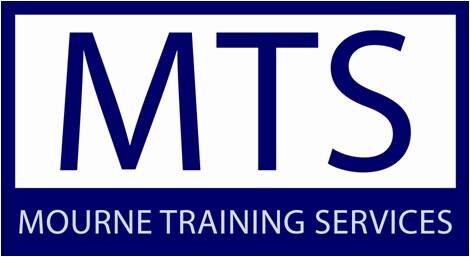MTS Helpdesk Question: When it comes to validation, analytical test methods used for medicinal products based on biological molecules can be a bit ‘tricky’ to deal with. Coming up with a suitable design for the validation protocol can be quite difficult. In particular, the choice of what parameters to investigate, and the design of the […]
Category: Resource Library
A Brief Guide to HPLC Instruments
High Performance Liquid Chromatography, or HPLC as it is commonly known, is an important analytical technique used to gain both quantitative and qualitative data for samples produced in a variety of industries such as pharmaceuticals, food products and industrial chemicals. The purpose of this video is to look at the question: ‘What is an HPLC […]
A Wish List for ICH Q2(R2), the Revision of the Guideline on Method Validation
The ICH guideline on method validation, Q2 (R1) [1], is currently being updated and I thought it might be interesting to put together a wish list for the changes that I would like to see in the new version. Rather than a wide-ranging treatment of all analytical method validation related issues, such as how it […]
Strategies for HPLC Method Development
Webinar Recording This webinar explored the different strategies, and combinations of strategies, which may be applied during HPLC method development. The best approach may vary depending on the particular requirements for a given separation. Related content from our Resources Library Services related to this content that we offer We have a number of training courses […]
Where do the Acceptance Criteria in Method Validation Come From?
MTS Helpdesk Webinar Recording One of the most difficult tasks when writing an analytical method validation protocol is to set suitable acceptance criteria, particularly for the characteristics of accuracy and precision. It sometimes seems that the values are just plucked out of the air! Available guidance documents, such as ICH Q2(R2), don’t mention any numbers. […]
5 Golden Rules for Effective (and Inspection Ready) OOS Investigations
The investigation of out of specification (OOS) results is a regulatory requirement in a GMP laboratory and these investigations are intensively scrutinised by health authority inspectors. The purpose of this article is to provide 5 ‘Golden Rules’ which will make sure that investigations are both effective and inspection ready. Rather than use the term OOS […]
